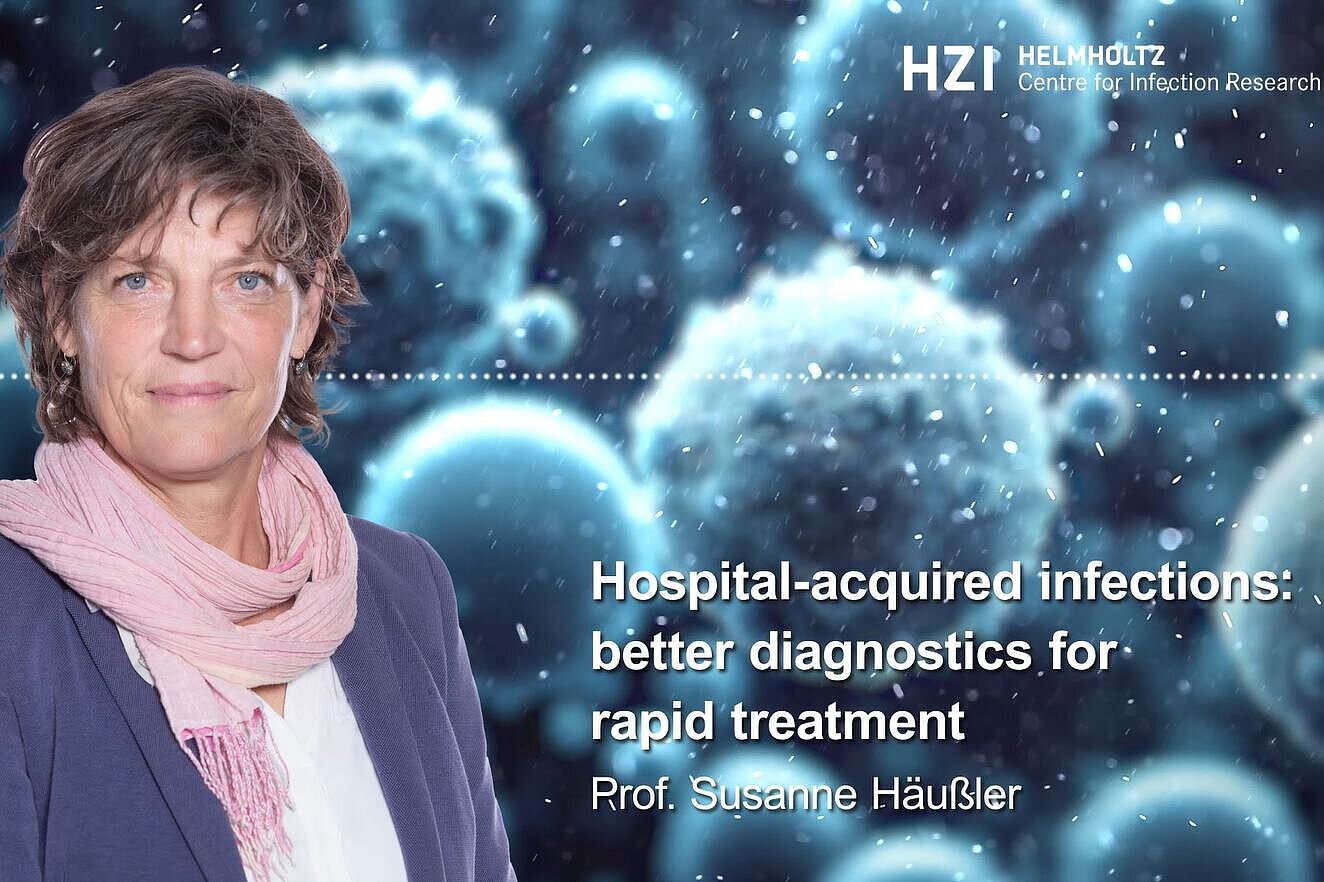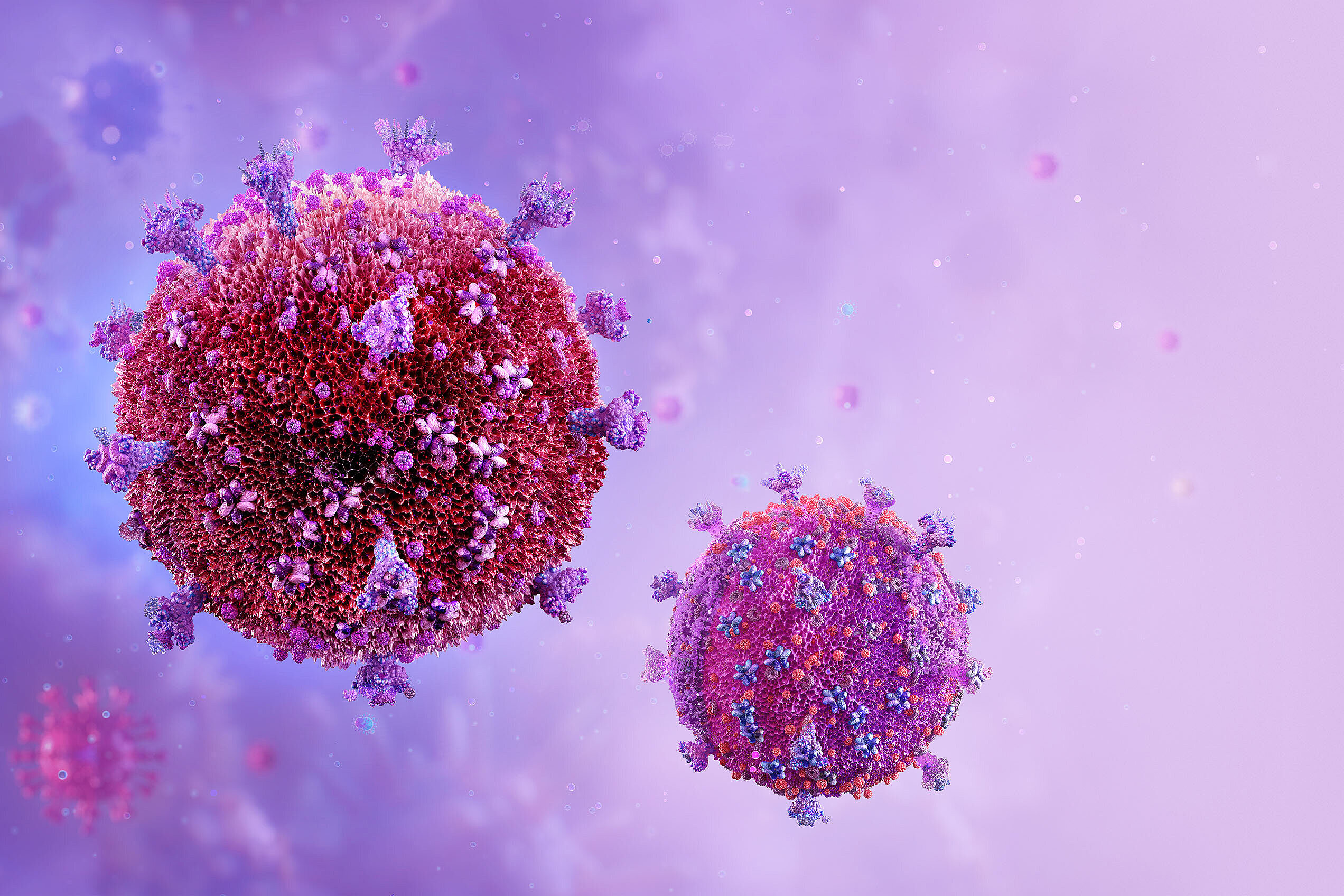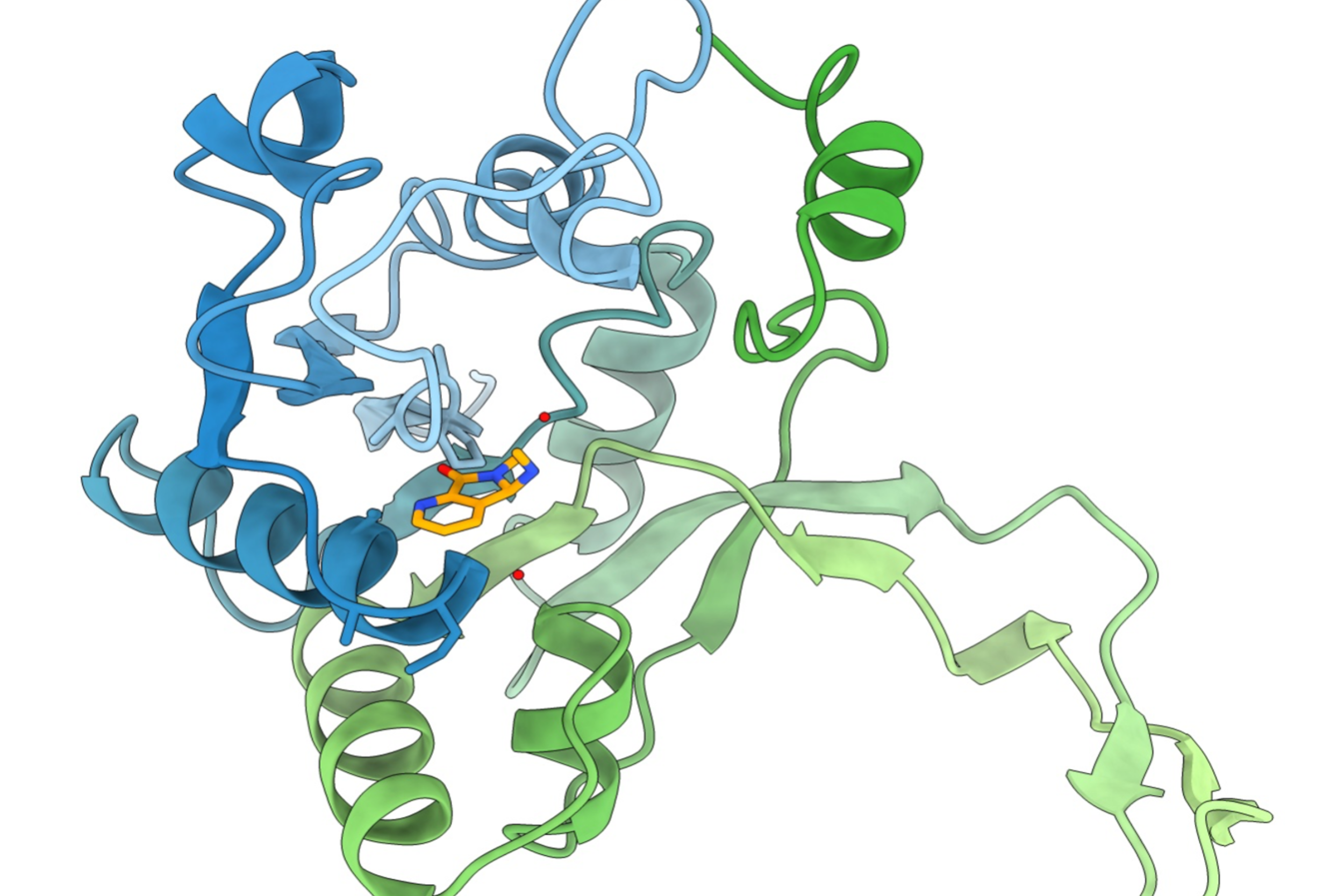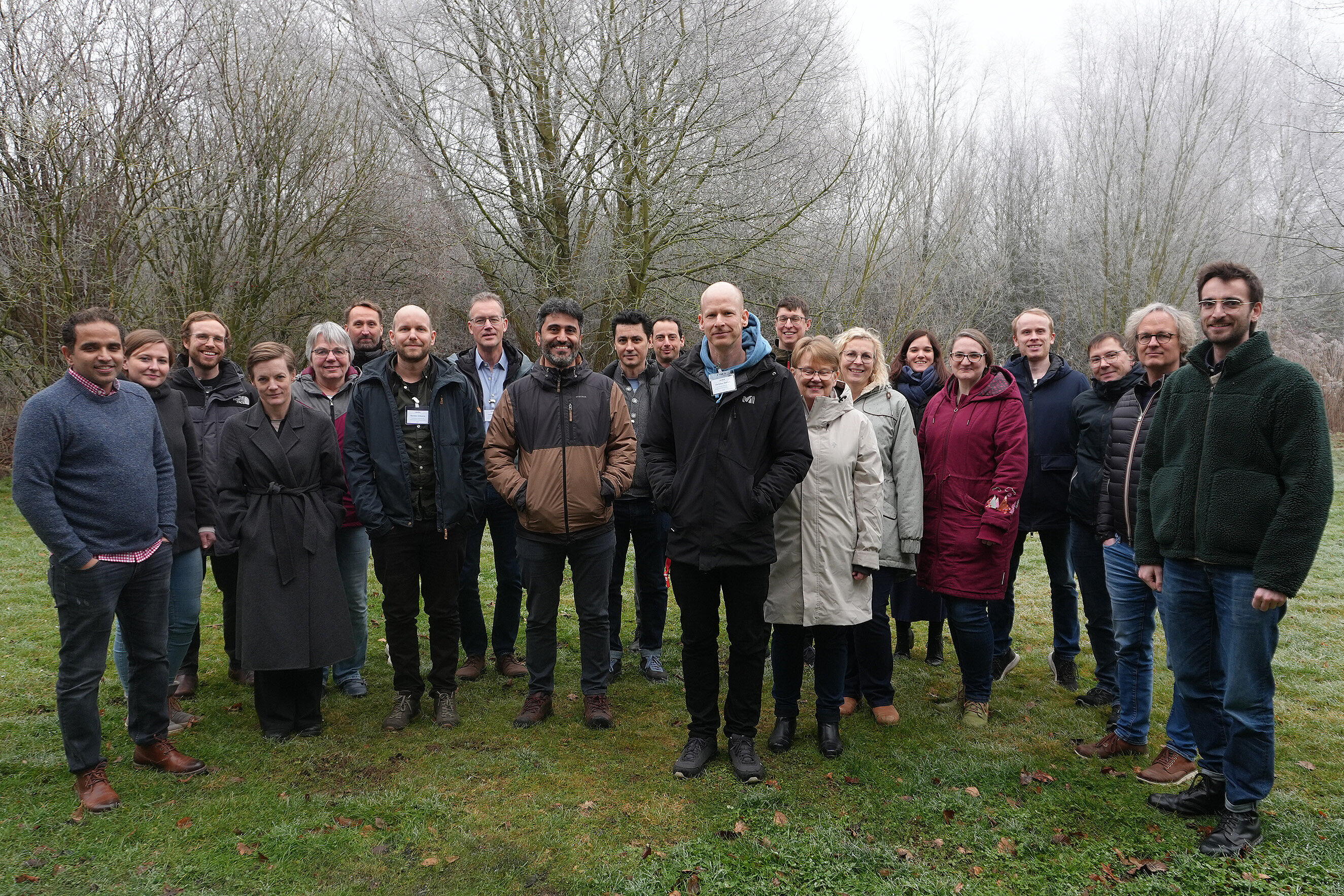Newsroom





HZI in the media
16.01.2026
|
Medscape
16.01.2026
|
IT Boltwise
16.01.2026
|
Handelsblatt
15.01.2026
|
Arzt & Wirtschaft
15.01.2026
|
BR Bayerischer Rundfunk
13.01.2026
|
Deutsche Welle
13.01.2026
|
juraforum.de
13.01.2026
|
Deutsche Welle
12.01.2026
|
MSN.com
12.01.2026
|
Biermann Medizin
12.01.2026
|
Deutsche Welle
09.01.2026
|
Bionity.COM

